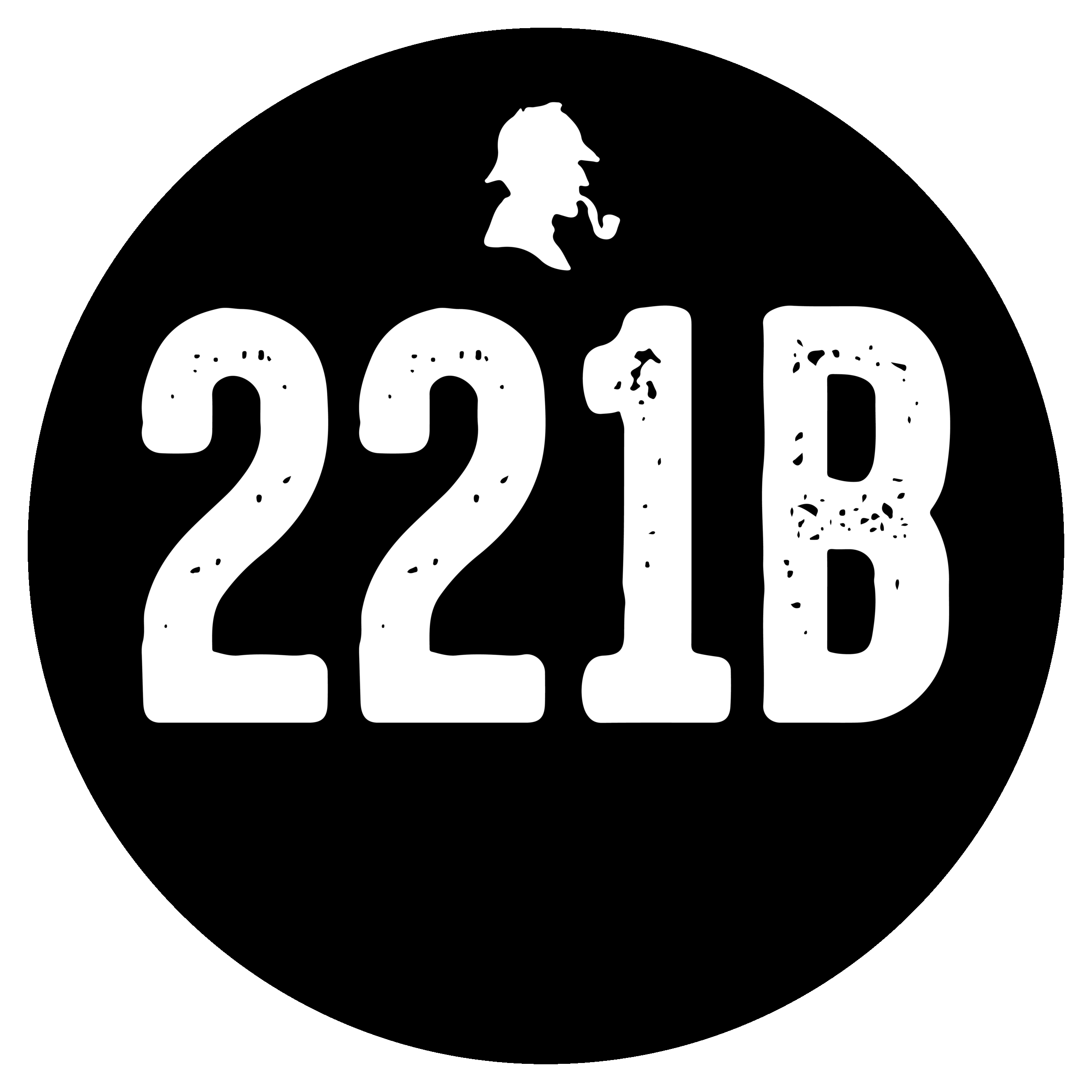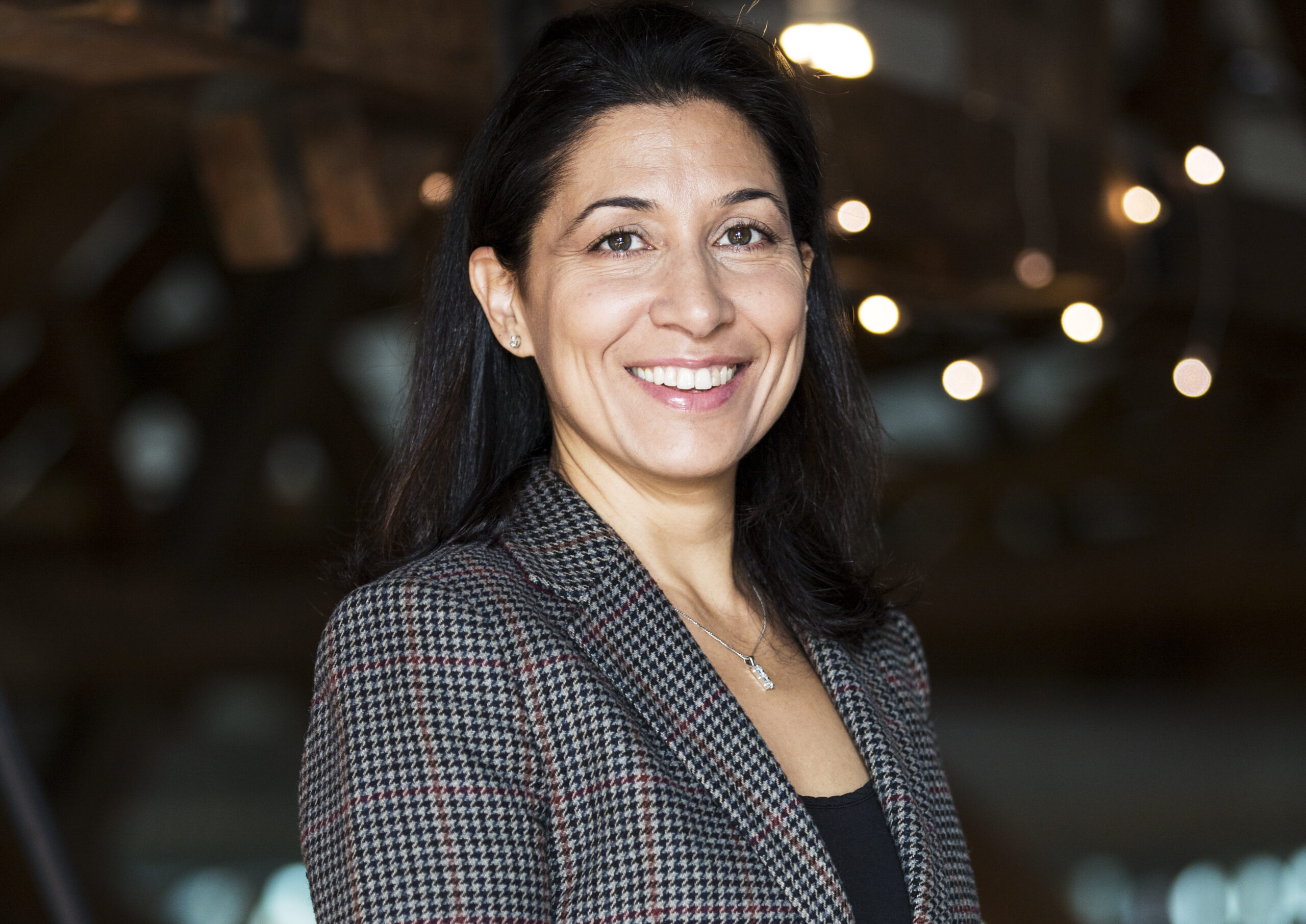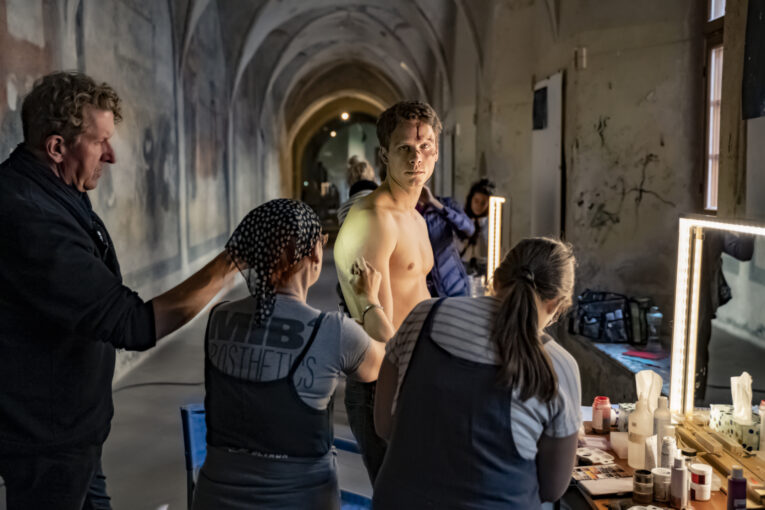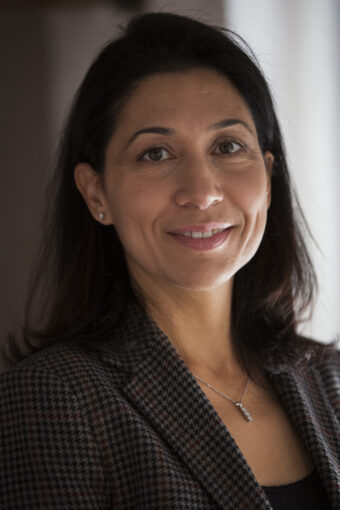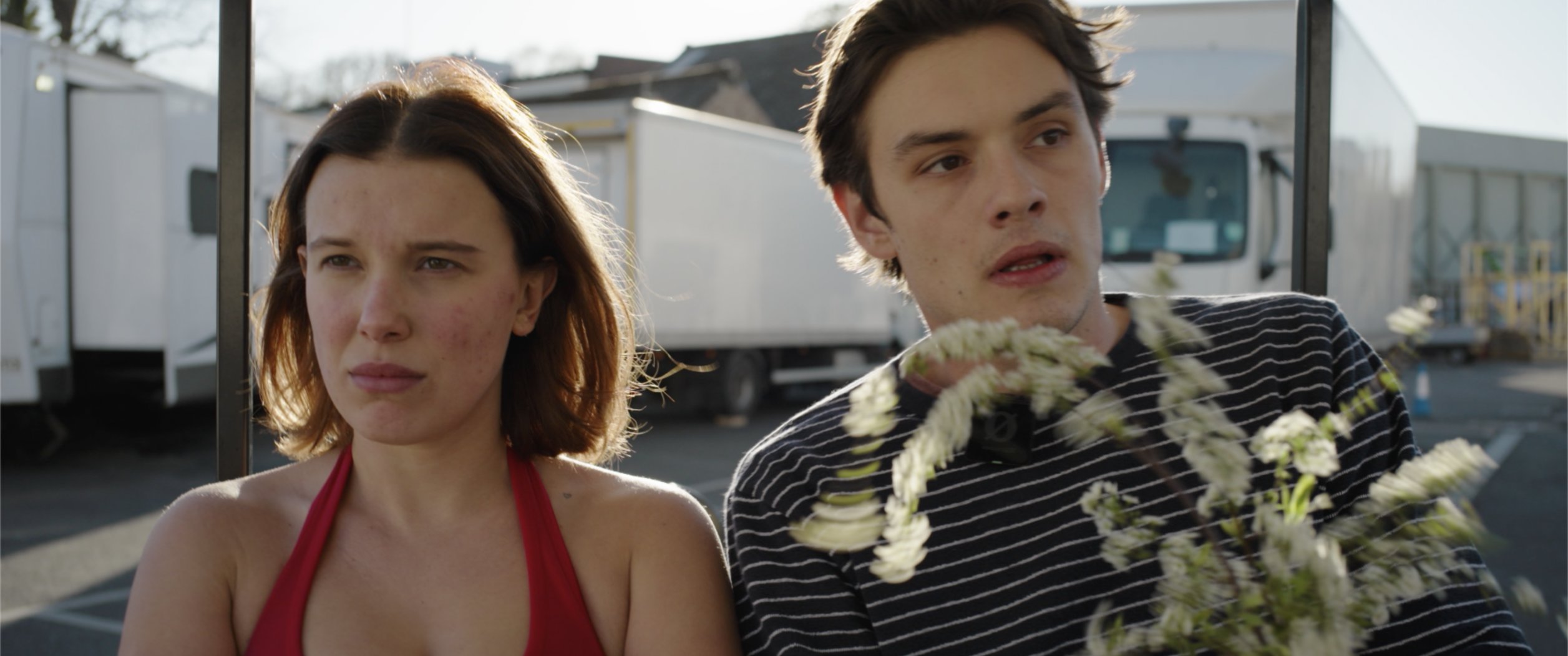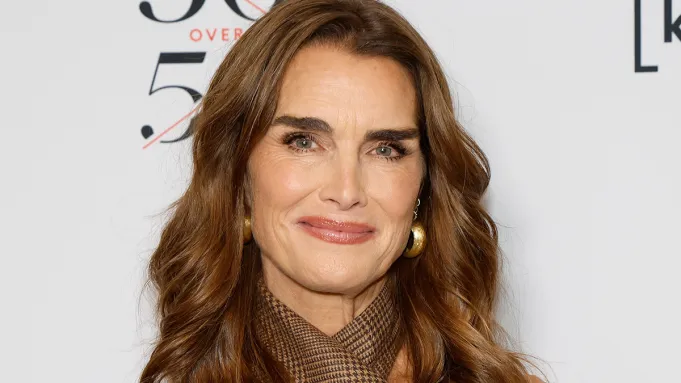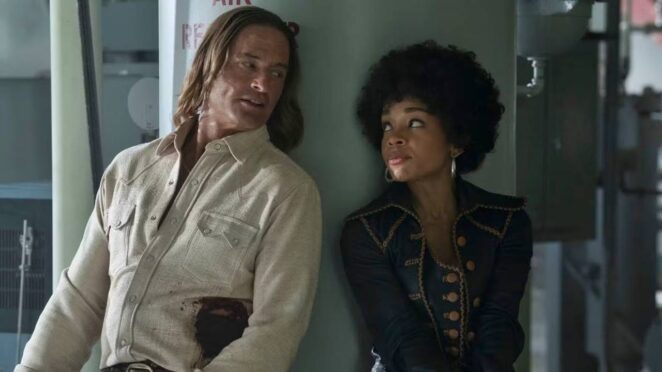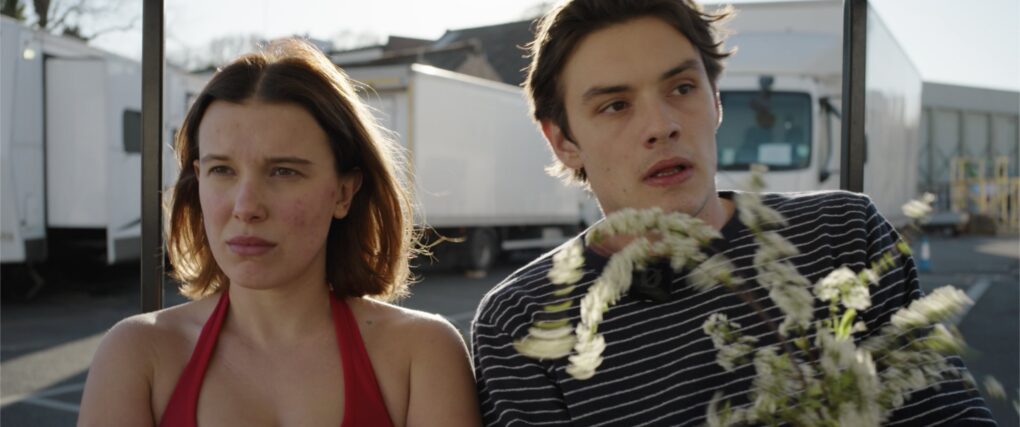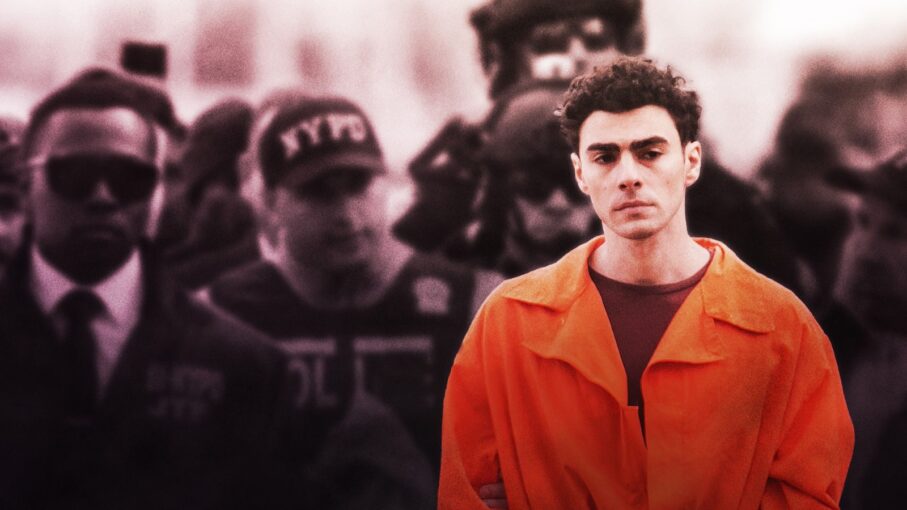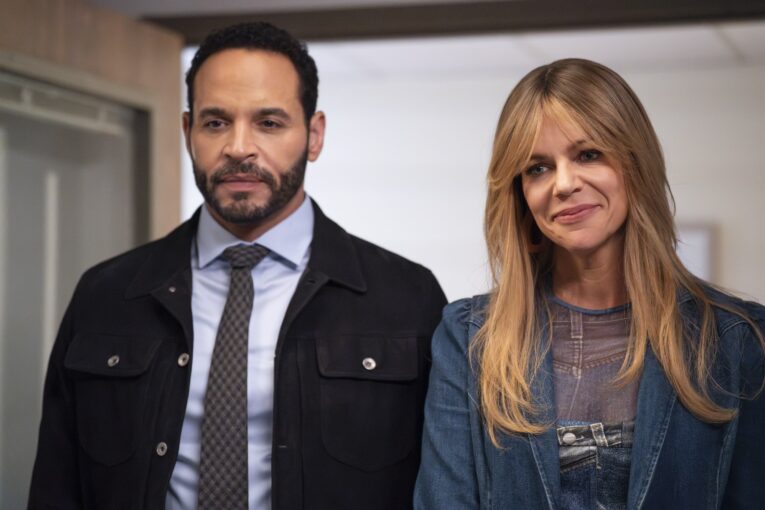We interviewed Berna Levin, producer of Young Wallander, about the legacy of Henning Mankell, the character of Kurt Wallander, and the series.
Can we get to know you? Are you of Turkish origin? We would also like to hear how you built your spectacular career.
Berna Levin: Yes, I am 100% Turkish. I was born and raised in Ankara. I was born near the airbase in Etimesgut. When I was 11 years old, my family and I moved to Sweden. It was 1983, with a little bit of math, you can find the year I was born (laughs). I spent my youth in Sweden, and when I was 24-25 years old, I moved to Los Angeles to study film. That’s when I met my boyfriend, we were both living in Los Angeles, studying and working. We got married, had kids, and moved back to Sweden, which I think was a very good decision, considering the situation in the US… Of course, since I was a kid, I knew I wanted to tell stories, I knew I wanted to make movies. Early in my career, I focused mostly on film, but now, when we look at the television industry, yes, it’s definitely an industry I want to be in. Great works are being done. So that’s basically how my career path developed. I studied at USC film school in Los Angeles, worked in Hollywood for many years, and then came back to Sweden. I continued to work with the production company Yellow Bird. A few years ago, we decided to open a Yellow Bird office in the UK, and I was asked to manage it. Thus, we have come to today.
As a producer, how did you decide on the Young Wallander series, whose idea was the project, and how and when did it start?
Berna Levin: It all started with Henning Mankell, the author of the novels. Mankell partnered with a Danish producer at the time, and together they founded the Yellow Bird production company. In fact, this company was established to adapt Mankell’s original novels for television. Henning was also very much involved in the Wallander TV series, and this series was actually the production that solidified Yellow Bird. Of course, the company was growing successfully, acquiring film and television rights to different crime novels. Stieg Larsson’s Millennium Trilogy was one of the most important of these works. The production company continued to grow with these steps. Then, Henning left the company because he was politically active and wanted to focus on that. Of course, he also wanted to spend time on his novels, but Henning was always involved in projects. Even for Wallander films that weren’t based on novels, he would come up with a plot outline, and we would go in that direction. I think the idea for Young Wallander came out when all of us were talking together. I don’t remember exactly who came up with the idea, we can say it was a team effort; it was Yellow Bird and Henning’s work. Henning was very clear about this; when he wrote the last novel, he had made up his mind that this was the last novel, and he told us so. He wasn’t going to write another Wallander novel. As you already know, if you’ve read the last novel, Wallander dies. But Henning was very eager to tell the story before the Wallander novels, I know that. The Wallander novels, you know, are very political; they are novels that deal with social issues. Henning had something to say, something to say about the state of the world, about the state of Sweden. He wanted to create the atmosphere of a conversation about these issues in the audience, he wanted to include people in these discussions. Henning was an incredibly intelligent man. Someone once said to me, “If you want to change the world, make a film. That’s very true. Henning was a writer who thought like that, he was involved in all these issues. He was deeply disturbed by what was happening in Sweden, in Europe, by the expansion of the right-wing movement. At the moment we have a party that supports racism in the simplest sense and even has its roots in the Nazis, and they are ruling part of the country. Amid all this political unrest and turmoil, Henning again wanted to reach out to readers and viewers, to get in touch with them, to involve them in this struggle. There was no better way to do this than television. He hadn’t written much about Wallander’s youth, and this was a great opportunity. We were all very excited about this idea of a young Wallander. We discussed the project with Henning, and we developed the project. But then Henning got cancer, and we put everything aside. We shelved the project out of respect for Henning. It wasn’t until much later, when I was asked to be involved in the development of Yellow Bird UK, that we started thinking about the project again. Wallander was our flagship. Yellow Bird has actually come to this day thanks to this series; of course, it’s a huge company now. We thought, wouldn’t it be great if our first job as Yellow Bird UK was Wallander? Thus, the circle would actually be completed. This first came to our table as both a question and a hope. Then we all thought it was a very good idea. Henning wanted to do it too. That’s why we felt his support with us. We worked hard to create a work that honors Henning’s legacy, and I hope we succeeded.
When did the filming start? How long did this process take?
Berna Levin: We had never worked with Netflix before, but I had a long-standing acquaintance with the people in charge of international original productions. We had been looking for a project that we could work on with them for a long time. They were also following Wallander. We didn’t talk about Wallander because the conditions weren’t right yet. But when I mentioned that we were working on a Wallander project, we got an incredible response, it influenced us a lot. If I remember correctly, it was Friday when I told them about this project. I was in London, I was going back to Sweden, I was at the airport. They were very excited, they said, “We definitely want this”. The relationships you establish with people you trust make such partnerships much more possible and faster. So I said, Let’s meet on Monday. And on Monday, the project proposal was already in our mail. We started shooting in August last year, so just a year ago. I have never been in a production that progressed so fast from start to finish before. We finished shooting in December. We spent the quarantine period in post-production. And here we are. I still can’t believe it (laughs). Of course, this must be a very slow process for those in Türkiye (laughs). There is an incredible production process in Türkiye.
What is the reason behind the project being in English and not in Swedish?
Berna Levin: The roots of this are actually based on the starting point of this project. As a creative team, we look at it as a team that has worked on the Wallander character for years. We have a marvelous character, and the setting of the story, Sweden, is magnificent. The subjects we deal with are the same. We wanted to expand the world, we wanted the character to grow. We don’t want to watch the same thing, we want people to learn new things. As producers, we want our work to reach a wide audience. It’s a new age, and this is a new Wallander. We wanted to emphasize that. Producing a work in a language spoken by half the world is the most effective way to do that. We also wanted to challenge ourselves a little bit. We didn’t want to think only locally, only about Sweden. We aimed to think locally but globally. In short, it was a creative choice. We wanted to reach new audiences, those who have never heard of Wallander, while respectfully protecting existing viewers.
Mankell, like Per Wahlöö & Maj Sjöwall and Stieg Larsson, was a strong writer who defined crime fiction literature, helped Nordic Noir gain strength as a movement across the world, focused on the causes of crime, the concept of justice, the political history of the country and the world rather than who is the killer, and built his stories from there, and preferred to convey his view of the world in his novels. I started the first season wondering how much Mankell’s preferences were preserved, and I was very happy to get that unique flavor of Mankell’s novels, including the season finale. It is actually difficult to do this in a way, but I think the series has successfully overcome it. What would you like to say about this?
Berna Levin: Thank you very much, I am very touched, I can say that I have tears in my eyes. What you summarized in the question actually constitutes the essence of our purpose. This is exactly what we said when we first sat down with the writers and producers, what we wanted to do, exactly what we aimed for. It’s an incredible feeling to hear that we’ve achieved that. You’ve seen the series, and you’re obviously very familiar with the crime fiction genre and its important authors. Wahlöö and Sjöwall are pioneers of the genre. They’ve been a great model for everyone who came after them. This was one of our biggest challenges. When we look at Wallander, we know how his life was shaped, his working methods. The challenge was this: How do we present this character to the audience as a young police officer? We say to the audience, we are planting a sapling, and this sapling will grow and become a tree, it will become the Wallander we know. It should be a complex character, a young detective who is interested in the realities of life, in justice. These are the characteristics that distinguish Wallander from other “whodunit” detectives. We are not interested in the technical details of the crime, DNA samples, etc. For Wallander, it doesn’t matter who the victim is. What kind of environment he grew up in and his sexual identity are not important. The victim is a human being. That’s all Wallander cares about, that’s all he needs to know. And then he works to uncover the truth. And he doesn’t give up until he does. The truth that comes up brings Wallander to an emotional breaking point and gradually moulds him into the person he is. The truth hurts, and actually, the truth is not always something complicated. There’s money or power involved in the affair. When all the details of the crime were revealed, the important thing for us was to take it to the elite, to the rich and powerful, as Wallander did. In fact, we aimed to bring an event that seems like a petty crime, an event that seems to be based on a racial issue, into a wider context. That’s what Wallander is. It was really difficult to do this without Henning, who guided us and gave us outlines. We had a list of do’s and don’ts. We wrote them on our big board on the wall: Wallander does this, or Wallander never does that. We came up with all of these by analyzing every single novel, every single story ever written about the character of Wallander. In the end, it came out automatically; we were getting to the point where we were saying, Wallander would never say this, Wallander would never do that. It had become a very real character for us. Providing the audience with a means of entertainment is part of our job, of course, but our main goal in this project was to preserve Henning’s legacy and make Henning proud.
In Mankell’s first Wallander novel, Wallander is a 42-year-old veteran policeman left by his wife. After watching Young Wallander, I wished that this project would bring Wallander to the age of 42 and that Young Wallander and Mankell’s novels would intersect at some point and end like that. What is your dream about Young Wallander as an actor portraying the character of Wallander?
Berna Levin: This is the second time I’ve heard this today. Maybe it should be done this way (laughs). Actually, I can say that we don’t know exactly where the project will go. That’s one of the beautiful things about Netflix. We all have the same perspective, we have a common goal. We work for the audience; that’s our reality. As long as we have an audience that accepts Wallander and wants more, we will continue this project. All joking aside, that’s actually my dream, to take young Wallander from here to Henning’s first novel. We’re working for this, this is our dream, but we will see how it goes.
As you are doing very important work in the field of crime novel adaptations, we would like to get your opinion as an expert: Thanks to digital platforms, language barriers have now been lifted, and audiences from across the world can be interested in stories from all over the world. Do you think this current situation can open a new door in crime novel adaptations? How do you see the chances of good crime novels from different countries in the global market?
Berna Levin: If you ask me, these works have great potential, there are no borders anymore. In Yellow Bird England, we don’t limit ourselves only to the country we are in. Good crime novels are actually like good science fiction works. Of course, they are based on a big plot, but this plot should not be limited to a crime narrative. Its roots should go back to larger narratives. It should be based on political or social issues. The second important thing is the character. It doesn’t matter where the character is from. What we need is to create a character like ourselves. Three-dimensional, complex characters. They must have clear goals, and they must have clear obstacles. The fact that the story takes place in different places makes it more original and exotic. People tend to connect with the character. Crime fiction is a great genre because the rules are clear, and everyone knows them. It’s one of the genres that spreads globally the best. I hope we will have the opportunity to make a Turkish crime movie in the future. I hope the audience in Türkiye will also like Young Wallander. See you again…
